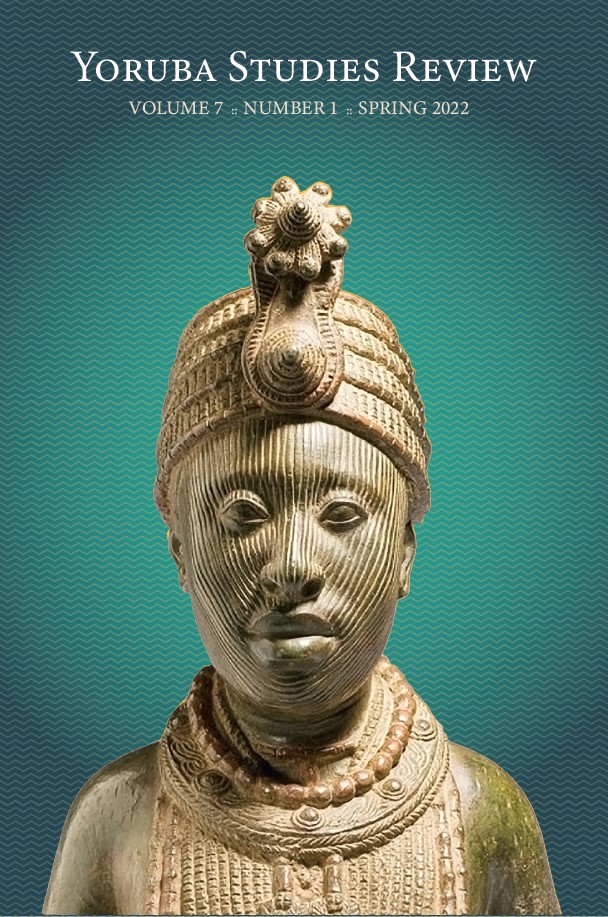Abstract
Western missionaries, ethnographic and anthropological scholars arrived in Africa, quizzed the pre-colonial African, and adjudged her, pre-critical and pre-logical, since the latter could not disclose or express thoughts according to the dictates or criteria initiated by the former. The criteria are the former’s language and logic. The West’s fundamental but implicit aim is to unearth African equivalents of Western concepts and the failure to discern these have placed the contemporary African in a status quo where she is on the intellectual defensive. Through the method of conversational philosophy, this research interrogates the linguistic and logical assumptions with which the West quizzed pre-colonial Africans. Whereas it invokes and concedes to William Van Orman Quine over the indeterminacy in meaning while translating word for word, from one language to the other, this research goes on to reinforce how the inadequate classical bivalent logic, which undergirds their assessment of African thoughts, is the culprit. After exploring the character of this intellectual misappropriation, this study invokes Gottlob Frege’s discourse on the tandem between logic and language, to foreground that the failure of comprehension whilst translating is not traceable to pre-colonial Africans but to the Western ethnographic and anthropological scholars via the excessive reliance on the background classical logic that underpins thought in that tradition. From this leaning, it becomes clear that the pre-colonial African is neither pre-critical nor pre-logical but intellectually unique in ways beyond the comprehension of the West.

This work is licensed under a Creative Commons Attribution-NonCommercial 4.0 International License.
Copyright (c) 2022 Emmanuel Ofuasia (csp)
